7 Essential Fire Alarm Services You Need Today
In today's world, ensuring the safety and security of our properties and lives is paramount. One key area that requires attention is fire safety, where fire alarm systems play a critical role. This article explores the essential fire alarm services you need to consider today to safeguard your assets and ensure compliance with safety regulations.
1. Initial Consultation and Assessment
One of the primary steps of installing fire alarm services is the initial consultation and assessment. This step involves evaluating the specific needs of a building and the potential fire hazards that might exist. During this stage, professionals analyze architectural plans and existing safety measures to determine the most effective alarm system setup. The outcome is a tailored fire alarm solution that addresses the unique characteristics of each property. This customization is crucial for maximizing safety and ensuring compliance with local regulations.
Following the assessment, detailed recommendations are made regarding the type and placement of fire alarm devices. The consulting team considers various factors, such as the building's size, occupancy, and function, to suggest the optimal system configuration. A thorough assessment ensures that all potential fire hazards are identified and mitigated effectively. In addition, an accurate consultation helps in creating a clear roadmap and budget for the installation process. These preparatory steps are essential for a smooth and successful fire alarm system setup.
2. Professional System Hardware and Software Installation
System hardware and software installation make up the core of the fire alarm setup process. This phase involves the physical and technical implementation of the previously designed plan. Expert technicians install detectors, alarms, control panels, and other necessary components with precision to ensure optimal coverage. Proper installation not only maximizes the system's effectiveness but also minimizes false alarms and malfunction risks. A meticulous installation process is critical for the overall success of the fire alarm system.
During the installation phase, technicians configure the software components that control the system's operations. This includes setting parameters for sensitivity, alert thresholds, and system communication protocols. Proper software setup is essential for ensuring that the fire alarm system operates seamlessly and efficiently. Technicians conduct thorough testing and calibration to verify the functionality and reliability of the installed components. This comprehensive approach guarantees that the system is ready to respond effectively in case of a fire emergency.
3. Effective Integration With Other Safety Systems
Integration with other safety systems is a vital service that enhances the effectiveness of fire alarm systems. By linking the fire alarms with other building safety measures, such as security systems and emergency lighting, a holistic safety network is created. This integration ensures that when a fire alarm is triggered, other safety protocols are simultaneously activated, facilitating a swift and coordinated emergency response. A well-integrated system can significantly reduce response times during emergencies, potentially saving lives and minimizing property damage. According to the U.S. Fire Administration, so far in the year 2025, there have been 975 home fire fatalities recorded, underscoring the need for efficient integration in fire alarm services in both commercial and residential settings.
Incorporating fire alarm services with security cameras and monitoring systems provides additional layers of protection and verification. When an alarm is triggered, security personnel can immediately verify the presence of fire through camera feeds and assess the situation more accurately. Furthermore, integration with emergency communication systems ensures that relevant parties are promptly informed of the emergency. This interconnected approach strengthens the overall safety strategy and enhances the decision-making process during critical incidents. Successfully integrated safety systems provide comprehensive protection, minimizing risks and improving outcomes.
4. Quality Compliance and Certification Check
Ensuring compliance and obtaining necessary certification are crucial elements of fire alarm services. Compliance checks involve reviewing the fire alarm system against local and national codes and ensuring that all regulatory requirements are met. These checks help in identifying any deficiencies or non-compliance issues that might pose a risk to property and lives. Certification provides documented proof that the system is safe, reliable, and up to code, building trust with stakeholders and building occupants. This process is essential for legal adherence and peace of mind.
Professional fire alarm service providers conduct comprehensive inspections to ensure that all components and configurations meet the required standards. These inspections involve detailed assessments of system design, installation, and performance against established benchmarks. Additionally, up-to-date certifications signal to insurance companies and regulatory bodies that the property owner is committed to safety and compliance. This can result in benefits such as reduced insurance premiums and fewer regulatory hurdles. A focus on compliance drives accountability and ensures that fire safety is prioritized.
5. Routine Inspection Scheduling
Routine inspection scheduling is a fundamental aspect of fire alarm services, ensuring that systems remain operational and reliable. Regularly scheduled inspections help in identifying any potential issues or malfunctions that might compromise system effectiveness. By adhering to a strict inspection schedule, building owners can proactively address any deficiencies and prevent potential false alarms or failures. These inspections cover various components, including detectors, alarms, control panels, and communication systems, ensuring a comprehensive assessment. Consistent maintenance practices are essential for the longevity and reliability of fire alarm systems.
The frequency of routine inspections is typically determined by local regulations and the specific needs of the building. High-risk areas or large facilities might require more frequent inspections to maintain system integrity. By establishing a tailored inspection schedule, property managers can ensure that all components are functioning as intended at all times. Regular inspections also provide opportunities to review system performance and spot potential enhancements or updates. Effective scheduling and performance monitoring ultimately contribute to enhanced safety and compliance.
6. Proactive Management of System Flaws
Identifying and addressing faults in fire alarm systems is an essential service that ensures continuous reliability and safety. Regular inspections and testing help detect potential issues or weaknesses in the system. Technicians use advanced diagnostic tools to analyze performance and identify any components that may require attention or replacement. Addressing these faults promptly prevents malfunction or failure during emergencies, maintaining system integrity. Proactively managing faults demonstrates a commitment to safety and minimizes the risk of accidents and false alarms.
Once faults are identified, experienced technicians coordinate with building managers to develop an action plan for repairs or enhancements. This collaborative approach ensures that all necessary corrective actions are executed without delay, minimizing downtime and disruption. Additionally, ongoing communication with fire alarm service providers facilitates access to technical expertise and support, expediting the fault resolution process. By staying vigilant and responsive to identified faults, property owners can maintain dependable fire safety systems and safeguard lives and property effectively.
7. Emergency Repairs and Response
Emergency repairs and response services are integral to fire alarm maintenance, addressing urgent issues that compromise system functionality. When a fire alarm system experiences a malfunction or breakdown, prompt intervention is crucial to restore protection and prevent potential hazards. Service providers offer 24/7 emergency response teams that quickly diagnose and resolve issues, ensuring minimal downtime. These rapid repairs are essential for maintaining property safety and protecting building occupants. Proactive response to emergencies reinforces the reliability and effectiveness of the fire alarm system.
Emergency response technicians are equipped with the tools and expertise needed to handle various system issues, from hardware malfunctions to software glitches. Their immediate intervention prevents potential disruptions and ensures that crucial fire safety measures are reinstated without delay. In addition to repairs, emergency response services often include follow-up support to address the root cause of the problem and prevent recurrence. Constant availability and responsiveness are key to safeguarding lives and property during critical situations.
By partnering with qualified fire alarm professionals and committing to routine maintenance and compliance, you're laying the groundwork for long-term security and operational efficiency. Don't wait for a crisis to reveal system weaknesses. Take action today to implement the essential fire alarm services that keep your property safe, compliant, and prepared for the unexpected. For fire alarm services you can rely on, choose Montalvo Palumbo Fire & Electrical Services. Contact our team today to get started!
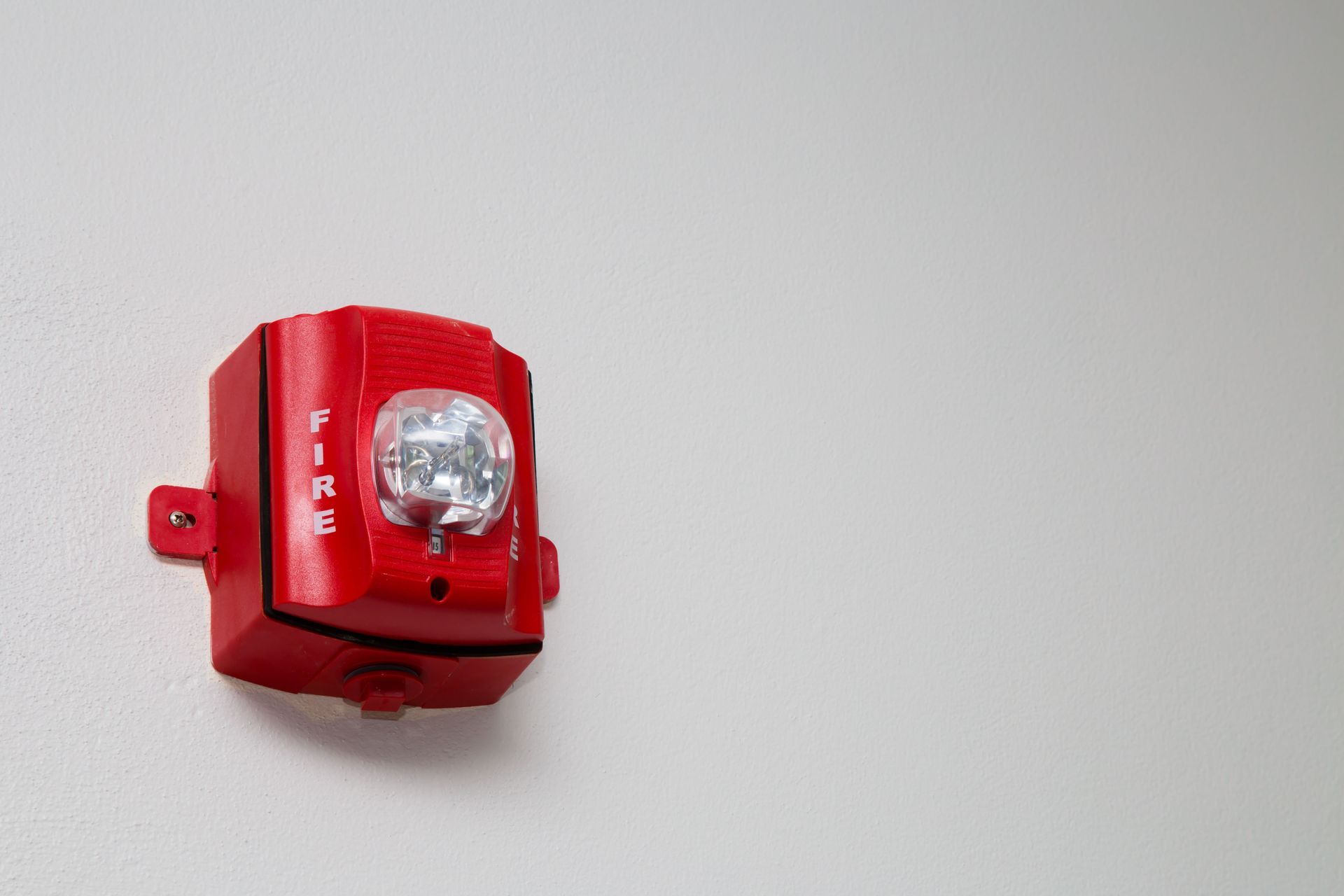
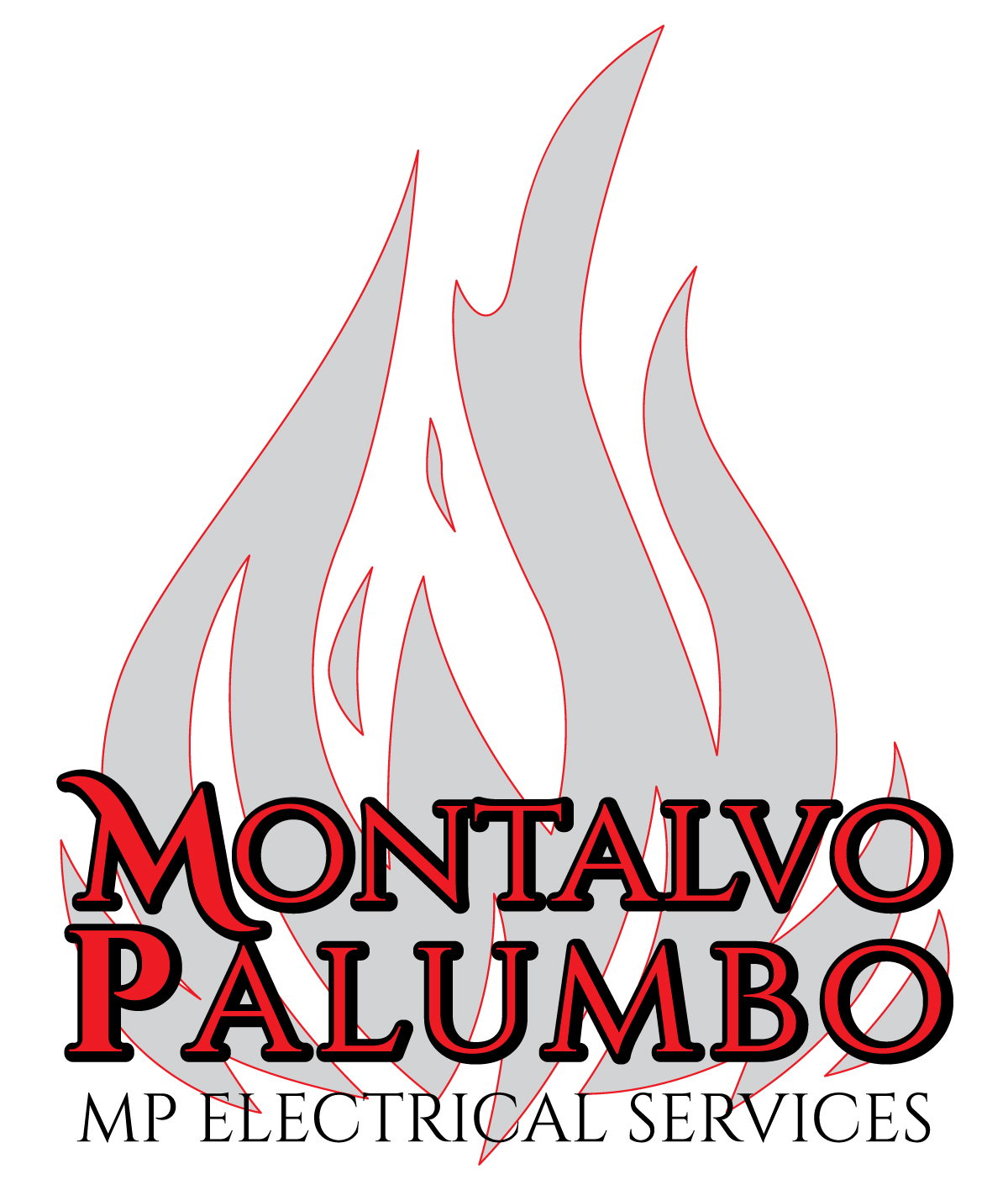
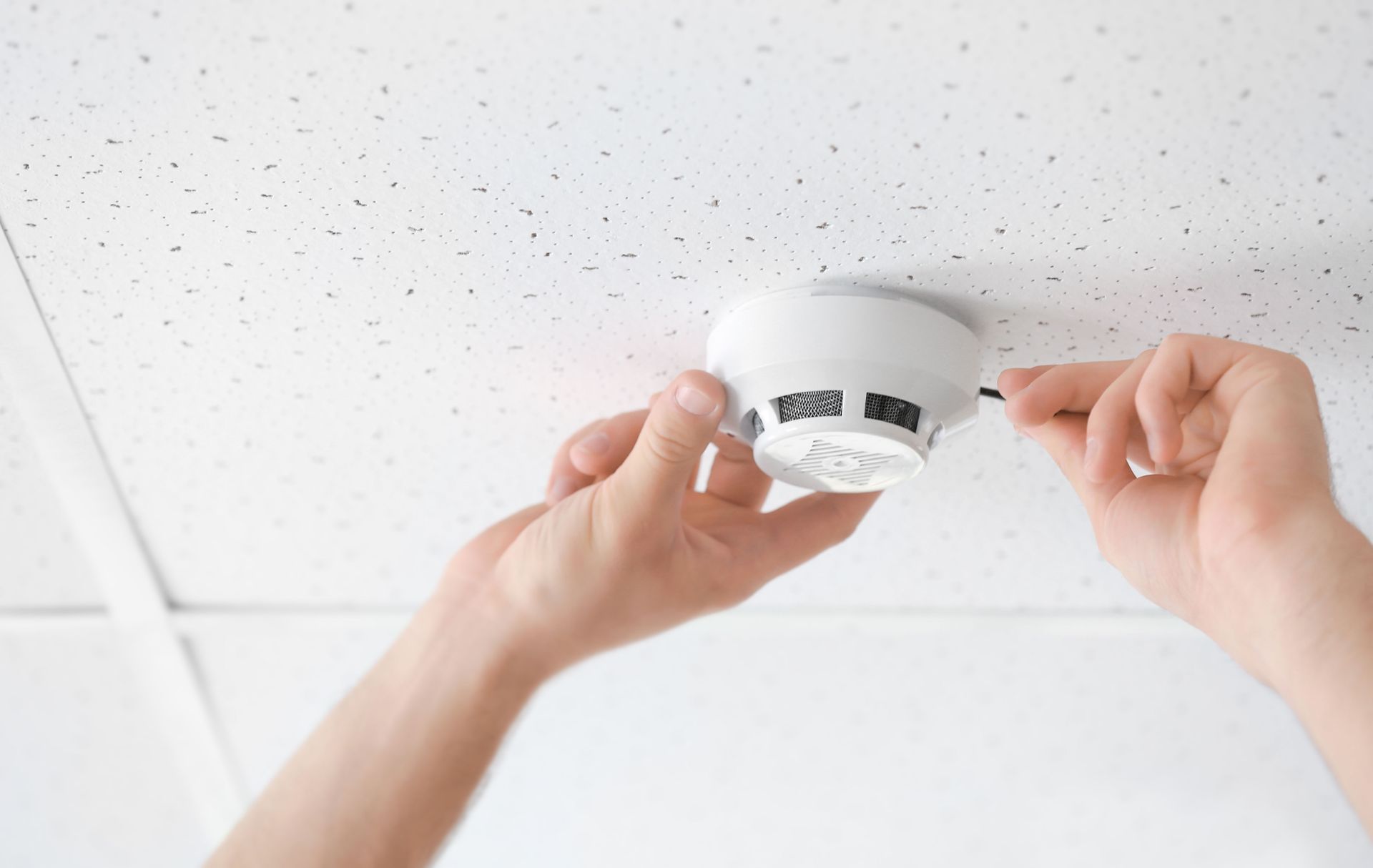
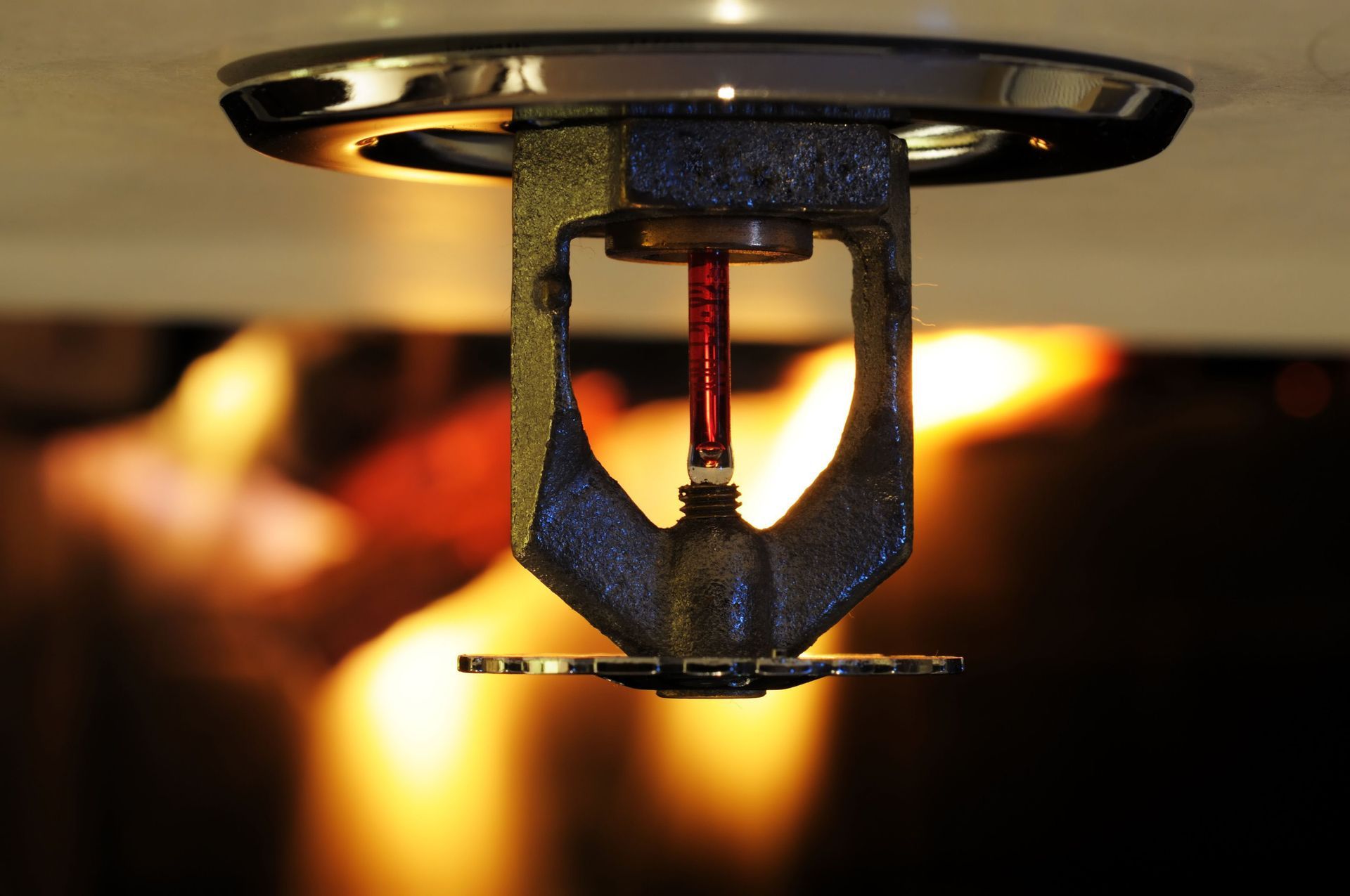
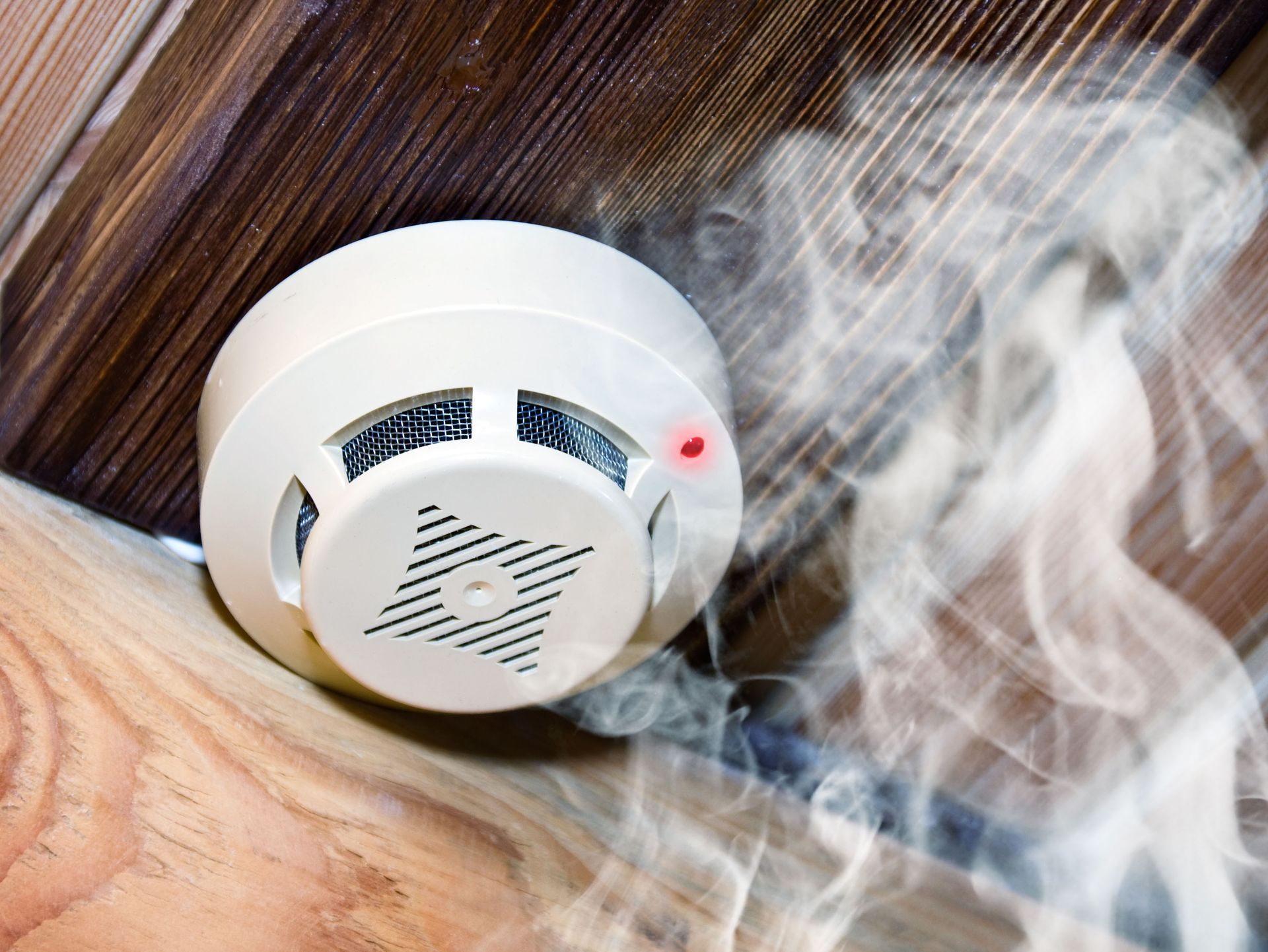
Share On: